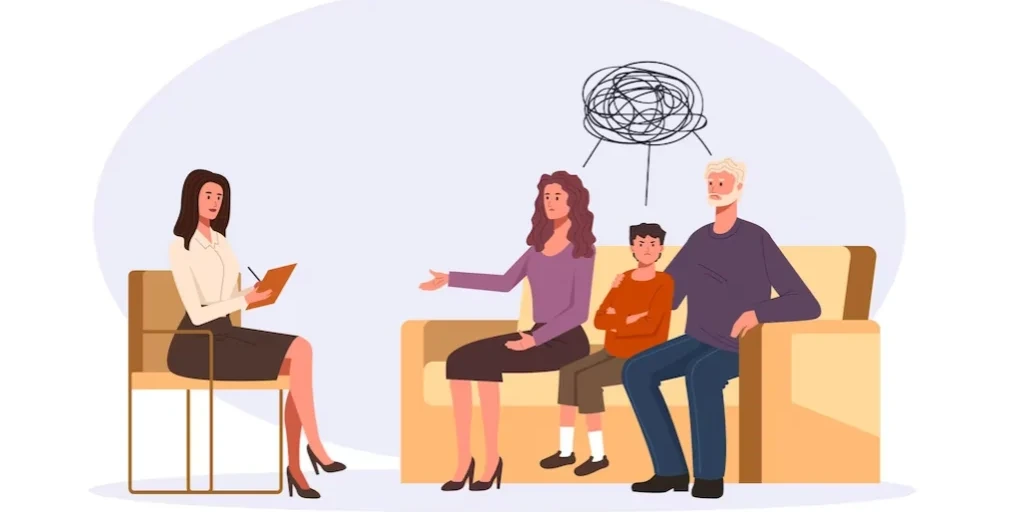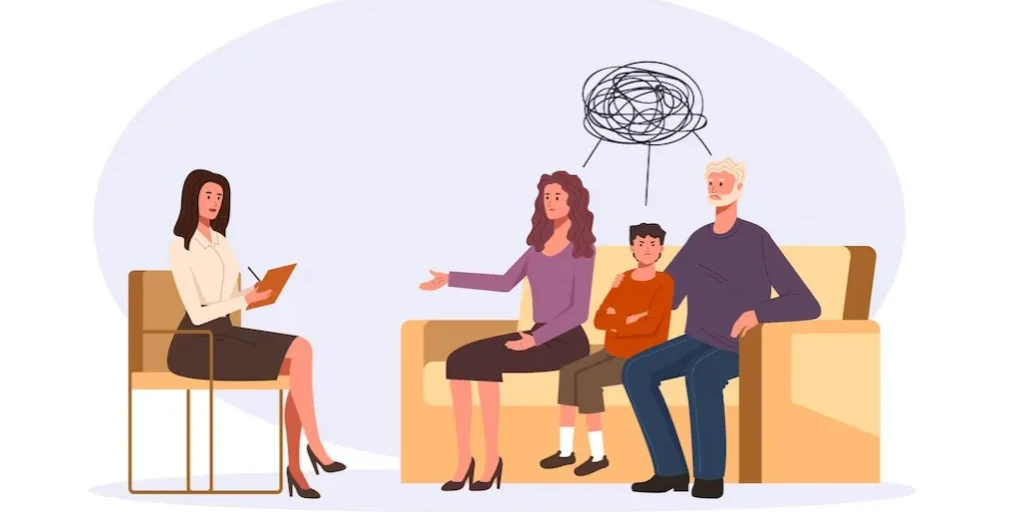24/7 Helpline:
(866) 899-221924/7 Helpline:
(866) 899-2219
Learn more about Medication-assisted Treatment centers in North Branch
Medication-assisted Treatment in Other Cities

Other Insurance Options

Humana

Health Net

Horizon Healthcare Service

BHS | Behavioral Health Systems

Group Health Incorporated

United Health Care

UnitedHealth Group

Sutter

Multiplan

EmblemHealth

WellCare Health Plans

Oxford

Highmark

Private insurance

Providence

WellPoint

Ceridian

Absolute Total Care

Access to Recovery (ATR) Voucher

Medical Mutual of Ohio








Lapeer County – Touchstone
Lapeer County Community Mental Health and CMHSP is a public rehab located in Lapeer, MI. Lapeer Coun...

Alcohol Information and Counseling Center
Alcohol Information and Counseling Center is a public organization located in Lapeer, Michigan. Alco...

List Psychological Services
List Psychological Services is a private group practice specializing in behavioral health care; incl...




















































































Concepts in Counseling
Concepts in Counseling is a private rehab located in Lapeer, Michigan. Concepts in Counseling specia...

Alcoholics For Christ – Full Potential Ministry
Alcoholics For Christ - Full Potential Ministry is located in Imlay City, Michigan. Alcoholics For C...

Alcoholics For Christ – Faith Christian Church
Alcoholics For Christ - Faith Christian Church is located in Lapeer, Michigan. Alcoholics For Christ...


































































